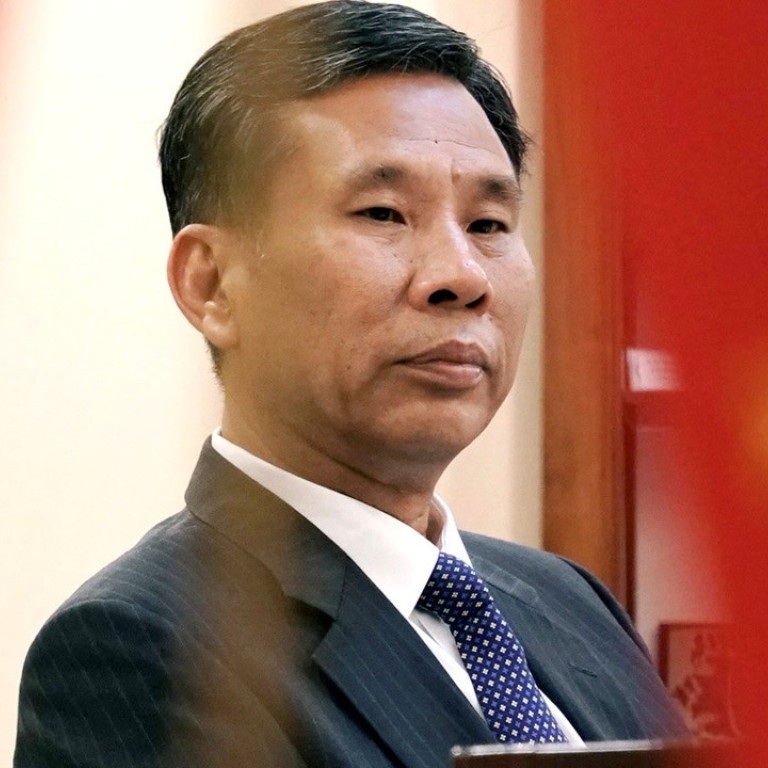
China ready to help businesses hit by US trade war, says Finance Minister Liu Kun
Minister admits that ‘some regions and companies’ have been affected by the stand-off with the US but insists China can minimise the impact
China has prepared a slew of supportive measures, such as export assistance and skills training, to help business affected by the ongoing trade war with the US, Finance Minister Liu Kun has said.
Liu’s comments were published by the official Xinhua news agency on Sunday evening, a few hours after the central bank announced a move to inject US$110 billion into the world’s second biggest economy to bolster growth.
Liu said that “some regions and some companies” had already been hit by the trade war but “China has the capabilities to minimise the impact”.
The minister also said China would adopt a “more proactive” fiscal policy to counteract the downward pressure on economic growth, including cutting taxes and fees on a larger scale and speeding up bond issuance to safeguard economic growth, according to Xinhua.
Total tax cuts for 2018 are expected to exceed 1.3 trillion yuan (US$189 billion), Liu said.
The coordinated growth efforts by China’s fiscal and monetary authorities suggest Beijing is increasingly concerned about the impact on economic growth of its trade dispute with the US.
US President Donald Trump has now imposed tariffs on nearly half of all imports from China, and China has retaliated with its own tit-for-tat measures.
While China’s headline growth remained on track – its GDP increased by 6.7 per cent in the second quarter – there are growing signs of deceleration in China’s US$12 trillion economy as it grapples with a mountain of debt and weak investor confidence.
In September, both the official and unofficial purchasing managers’ indexes for the manufacturing sector fell to their lowest levels since February on the back of a slump in export orders, production and inventory. China is due to release GDP growth figures for the third quarter next week.
Standard Chartered economists Shen Lan and Ding Shuang wrote in a note that the impact of US-China trade tensions “is expected to become more tangible in the quarters ahead”.
As such, China’s central bank will increasingly lean towards monetary easing to “complement expansionary fiscal policy”, they wrote.
Although Liu promised tax cuts, Xinhua also reported that he had said China’s overall tax burden was not high, defying complaints from Chinese businesses and some academics that the state was taking too much.
Liu said China’s macro tax levy was only 27.2 per cent last year, down from 28.2 per cent in 2016, while the global average was 36.8 per cent.
He also said that the growth rate of China’s fiscal revenues this year was expected to be slower than that of nominal GDP growth.
Macquarie Capital economists Larry Hu and Irene Wu wrote in a note that Chinese policy makers “remain reactive not proactive in conducting stimulus” at this stage and Beijing’s policy loosening “is still way behind the curve”.
China may escalate its pro-growth efforts to a new level in next months if economic activities continue to weaken, they noted.

